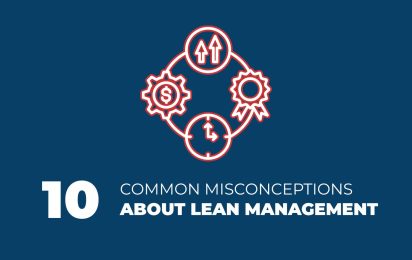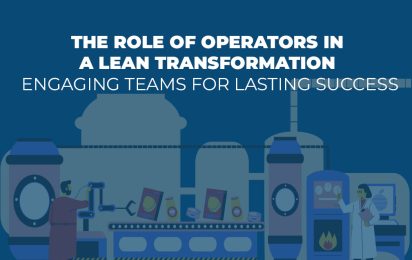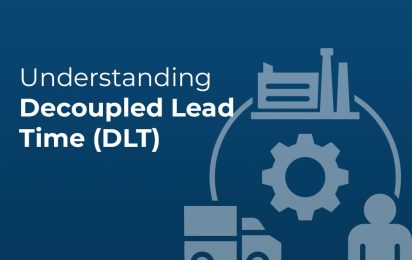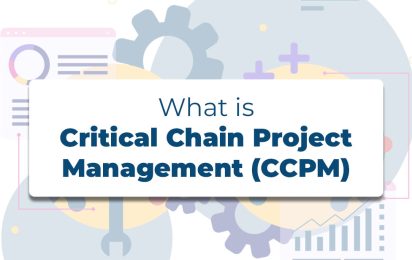FAQ No. 1: Your Questions About Lean!

Today, we are sharing answers to the most frequently asked questions from our clients about Lean Management!
SHOULD A 5S PROJECT BE STOPPED ONCE IT IS PERFECT AND STABLE AFTER SEVERAL MONTHS OF AUDITS?
Maintaining a 5S project requires energy and vigilance. Regular audits are imperative to ensure the stability and compliance of the project.
However, as Lean culture increases within the company, the frequency of these audits can be reduced over time. Even after several months or years, it is still necessary to control the results.
One must constantly fight against chaos. Even the most stable projects require continuous monitoring to avoid deviations.
HOW TO EXPLAIN LEAN MANAGEMENT TO UNINITIATED PERSONS?
Explaining Lean Management to those unfamiliar with the concept can seem complex.
Lean can be presented as a philosophy aimed at reducing waste, whether in production or in a service.
Numerous tools are associated with it to improve workflow based on different criteria, such as safety, quality, deadlines, and performance.
This approach relies on collective intelligence and aims to increase the culture of continuous improvement within the company. The ultimate goal: to best satisfy customers.
WHAT IS THE COST OF IMPLEMENTATION VERSUS THE RETURN ON INVESTMENT FOR AN SME?
Implementing Lean in an SME requires a significant initial investment.
The less experienced the company is in continuous improvement, the greater the initial effort will be. However, once the improvement culture is ingrained in the company, subsequent projects will require less effort and become more natural.
Financially, continuous improvement is always profitable, whether in an SME or a large group. It optimizes the company’s operational and financial performance.
For a more concrete example, here is our white paper that demonstrates the perceived gains by type of Belt: https://www.7-shapes.com/livre-blanc-lean-management/
WHAT WOULD BE THE ADVANTAGE OF A CUSTOMIZED LEAN DEPLOYMENT WITHIN A COMPANY?
Each company is unique with its own processes, products, and culture. Completely copying a Lean method from another company is not effective.
It is essential to develop an approach tailored to your company’s specificities to succeed. This involves building a culture of continuous improvement by involving all employees.
Building and customizing Lean tools to the specific constraints and contexts of the company are fundamental for an effective and sustainable implementation of the culture.
WHAT IS THE ULTIMATE GOAL OF THE COMPANY: CUSTOMER QUALITY OR PROFITS?
One of the core principles of Lean Management is to put the customer at the center of the company while being profitable. It is not about choosing between customer quality and profits but balancing them.
Lean seeks to eliminate waste to produce what the customer expects efficiently and without unnecessary costs. If your approach better meets customer needs in terms of quality, cost, and deadlines, it will positively reflect on the company’s financial results.
A good balance between the operational axis, human resources, and finance is essential for the success of a Lean approach.
CONCLUSION
Lean Management is a powerful and adaptable philosophy that improves efficiency, quality, and customer satisfaction.
Whether you are an SME or a large company, investing in a Lean approach brings lasting advantages and gains.
Each company is unique, and the key lies in adapting Lean tools and methods to the specificities and culture of the company.
Our last posts

10 Common misconceptions about lean management
10 Common misconceptions about lean management Lean Management- sound familiar? This organizational approach, renowned for transforming companies into well-oiled machines,…
Lire l’article
The Role of Operators in a Lean Transformation: Engaging Teams for Lasting Success
How can businesses stay competitive in an ever-evolving world? How can they eliminate waste while creating more value every day?…
Lire l’article
Decoupled Lead Time (DLT): Understanding and Optimizing Lead Time in Supply Chains
In a context where responsiveness and flexibility have become essential, companies are constantly seeking to optimize their supply chains. Among…
Lire l’article
Critical Chain Project Management (CCPM)
In this article, we will explain how to balance a production line to optimally meet customer demand. You will find…
Lire l’article